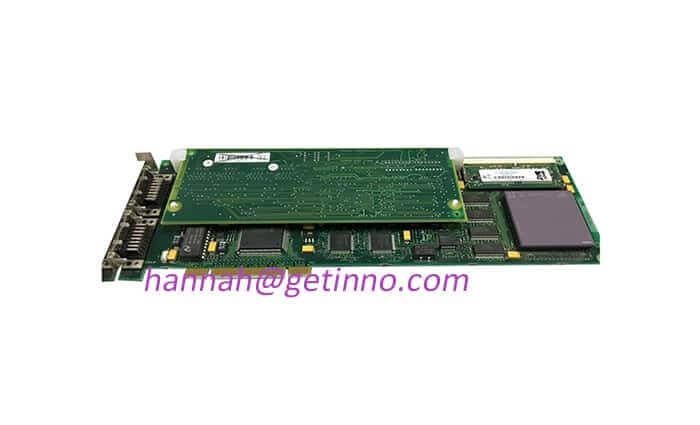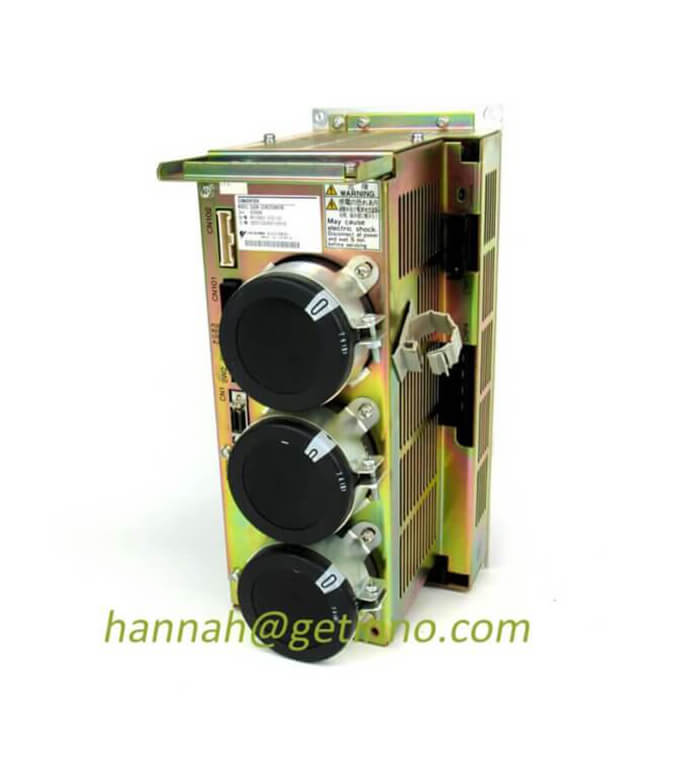U.S. export ban to China escalated: restrictions raised to 14nm
The U.S. is tightening restrictions on China’s access to advanced chip-making equipment, raising the limit on prohibited technology sales to China to 14nm.
The U.S. has previously banned the sale of most equipment to SMIC that can make chips on advanced processes below 10nm without a license.
Tim Archer, CEO of U.S. chip manufacturing equipment supplier Lam Semiconductor, told analysts that they had received a notification from the U.S. Department of Commerce that the process range covered by the export ban to China had been expanded from a maximum of 10nm to a maximum of 14nm.
Archer added that, as far as he knows, the restrictions in the new requirements do not include memory chips. Lam Semiconductor has already considered the possible impact of this new restriction in its third-quarter earnings outlook.
Ke Lei, who is also a US semiconductor equipment supplier, also received a notice from the Ministry of Commerce. KLA CEO Rick Wallace confirmed on Thursday that they had also been notified by the government of changes related to licensing of equipment exports to China, while he said there was no significant impact on KLA’s business.
In the past two weeks or so, all U.S. equipment makers have received letters from the U.S. Department of Commerce asking them not to supply China with equipment that can be used to make chips on advanced processes below 14nm, according to people familiar with the matter.
But manufacturers say the letters are somewhat of a show of toughness from the Biden administration and have little impact on the actual deal. Because the US Department of Commerce has rejected many applications for export licenses of 14nm equipment.
It is worth noting that the scope of the supply cutoff announced by the United States has also expanded from SMIC to chip manufacturers operating in China, including TSMC’s manufacturing plants in the mainland.
According to the analysis, although the new restrictions only cover equipment that makes advanced chips, the manufacturing of mature process chips may also be affected. Because more than 90% of the devices are backward compatible, these devices that are listed in the export ban may be used in the manufacture of mature process chips.
At present, SMIC’s most advanced production capacity is 14nm, and TSMC’s most advanced production capacity in mainland China is 16nm. The new export restrictions may affect their production capacity.
Some analysts pointed out that this move may be in line with the “Chip and Science Act” that will be signed by US President Biden in the near future.
The U.S. Senate and House of Representatives recently voted to pass the bill. The bill has been controversial once it was introduced. After three years of pulling between the Republican and Democratic parties, it was finally passed recently, and it is still pending the signature of US President Biden. If the bill passes, the U.S. government will provide $52 billion in subsidies to incentivize domestic semiconductor manufacturing and research.
However, as US President Biden recently tested positive for the new crown virus and entered a state of isolation again, the signing of the bill may be delayed.
In addition to the combination of “carrots and sticks” against its own local companies, the US government is also actively lobbying other countries, hoping that they will follow in the footsteps of the United States and prohibit the export of chip manufacturing related equipment to China.
According to Bloomberg’s previous report, the United States is persuading Japan, the Netherlands and other countries to ban ASML, Nikon and other related companies from selling mainstream technologies related to chip manufacturing to China.
The most critical of them is the lithography machine produced by ASML in the Netherlands. Previously, the US government has tried to prohibit ASML from selling EUV lithography machines for current advanced processes to China. At present, the United States wants to go a step further and prevent China from obtaining DUV lithography machines produced by ASML.
But the US lobbying has not made substantial progress. ASML said it has not received any notification that the United States has raised the limit on the supply of chip manufacturing equipment to China from 10nm to 14nm each time, while Nikon said the regulation has no impact on its Chinese business.
The Links: 3HAC057546-003 SRDA-SDB71A01A-E
Pre: Drone delivery is gradually approaching Next: ABB signed a contract for the 6th Chi...




